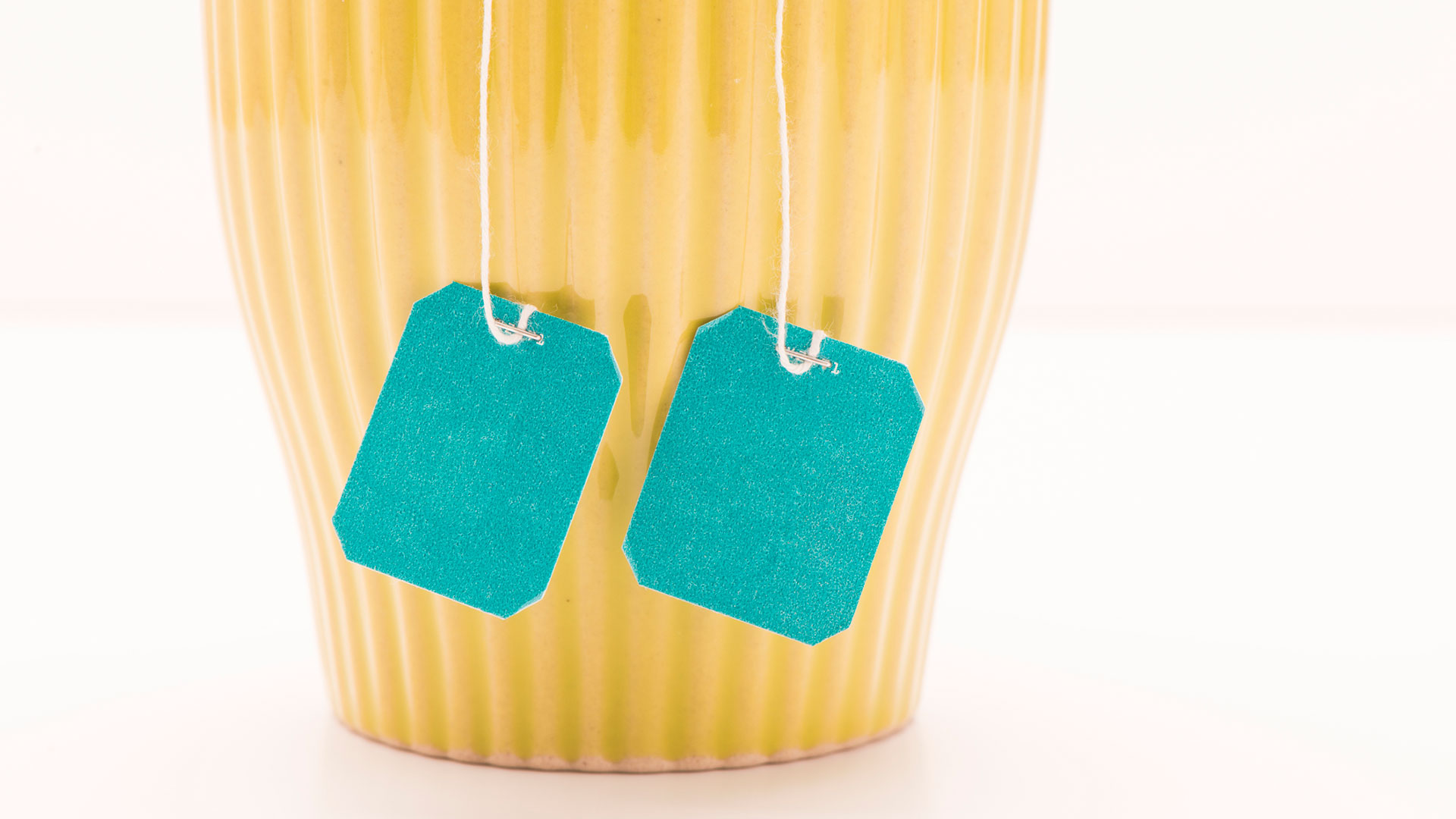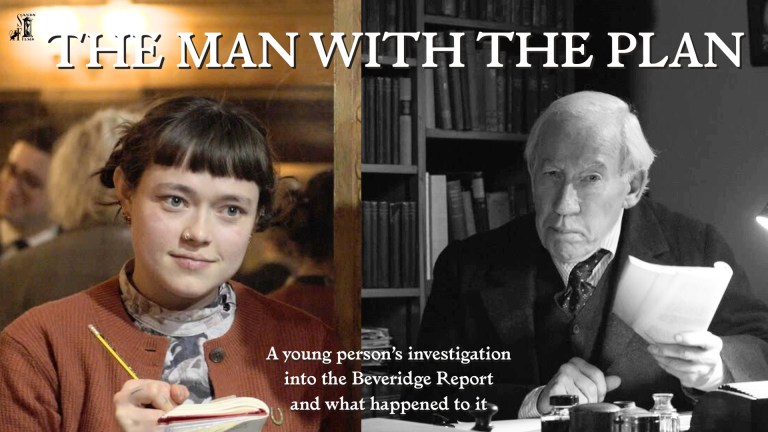When I order tea I always ask for an extra teabag. I like it strong. I always say the same thing as if to justify or explain my request. That my Irish mother made such strong tea you could walk on it.
If you do this on the countless occasions that I do, you’ll find it often creates tension between server and customer. And on too many occasions, the serving staff member will say, “We’ll have to charge you double for the extra teabag.” So if the little pot or cup is £1.50, you’ll end up paying £3.
Sometimes they may compromise and charge, say, £1 or even 50p for the second sachet. But even if you get away with 50p for that extra bag, which costs between 1p and 3p each to the owner, you’re paying a vast amount of cash for your second bag.
It’s between 1,600 and 5,000 per cent profit on 50p for the second bag, depending on the cost of the tea, and the bag, to the proprietor. But imagine if you had to pay for the tea twice – that could work out at around 15,000 per cent profit.
I drink Co-op tea and they always include a story about someone who picks the tea getting a fair crack of the whip, in terms of wages and conditions. I like that about tea and coffee; the move inexorably towards better conditions for workers
Sometimes they may let you have the extra teabag for free because they know the ridiculous situation when you’re paying through the nose for little or no extra effort. Of course, for the first teabag, it is understandable that you should pay for the boiling water, the cup to be bought and cleaned, the staff wages, the business tax, the rent, the wear and tear, the convenience. But all the costs are loaded in the first teabag. The second really comes unencumbered with cost, other than the price of buying it, and the need to store it until used. The person serving isn’t given extra money for the second teabag. Their wages don’t suddenly inflate because Johnny Bird has walked in and demanded politely an extra teabag, with his silly little story about his Irish mother.
Tea, increasingly, or the box you buy it in, will tell stories of social justice and fair trade. Tea, like coffee, has become a big battleground for establishing good trade deals that don’t leave the picker and processor or grower worked into the ground for naught. I drink Co-op tea and they always include a story about someone who picks the tea getting a fair crack of the whip, in terms of wages and conditions. I like that about tea and coffee; the move inexorably towards better conditions for workers.









